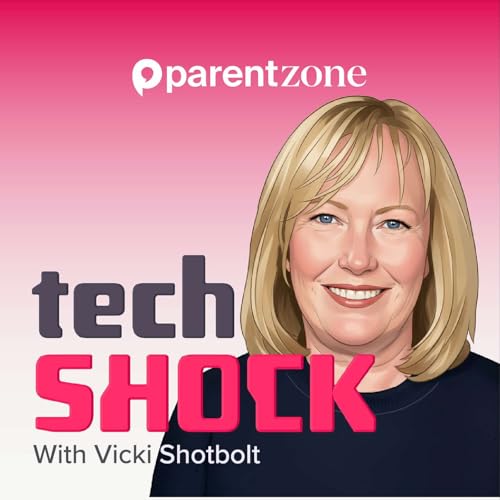As the Tech Shock podcast returns for its 11th season, Vicki is joined by Sara Grimes, McGill University professor and expert in child rights and ethical game design, to explore the views of young gamers – and the current industry at large.
2025 research from Ofcom shows that 97% of 8-17 year-olds game online. But as the industry continues to grow in popularity – and of course value – we’re left facing the same set of problems (and some newer ones to boot).
Age ratings remain confusing to the parents left to interpret them; in-game advertising is not the elephant in the room, but simply in the room; monetisation and gambling are still one step ahead of regulation; and child creators lack basic rights when it comes to intellectual property.
But to properly understand gaming in 2025 we first need to understand the lived experiences of child gamers themselves – with this also giving us a firm basis to begin asking some important questions, and demanding answers.
Talking points:
- What does direct research with children reveal about gaming and age-appropriate game design?
- Why is it that, within gaming, children aren’t viewed as serious creators with intellectual property rights?
- Is the industry now so problematic that we require a gaming regulator – and what might good regulation in such a complex space actually look like?
Tech Shock is a Parent Zone production. Follow Parent Zone on social media for all the latest on our work on helping families to thrive in the digital age. Presented by Vicki Shotbolt. Tech Shock is produced and edited by Tim Malster.
www
Twitter
Facebook
Instagram
 2025/12/1735 分
2025/12/1735 分 2025/12/1046 分
2025/12/1046 分 48 分
48 分 2025/11/2636 分
2025/11/2636 分 46 分
46 分 37 分
37 分 54 分
54 分 29 分
29 分
